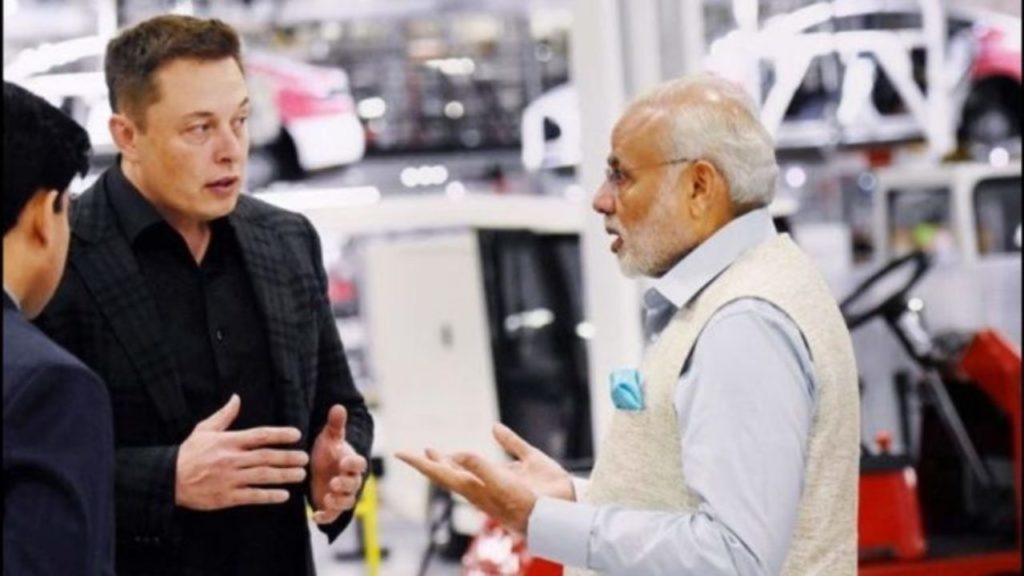
Tesla CEO Elon Musk wants to launch cars in India, but the country’s import levies on electric vehicles (EVs) are preventing the company from doing so. According to Reuters, Tesla has written to Indian ministries requesting a significant decrease in import tariffs on electric vehicles (EVs).
In july, the government said they are willing to consider lowering taxes and other incentives for the EV manufacturer-provided Tesla commits to manufacturing its electric vehicles in India.
“We will be open to considering, especially if they will set up a manufacturing place here,” the senior official told ET. The official, however, made it clear that any decision on the matter will apply to the entire sector and not just a particular company.
The heavy industries ministry has requested Tesla to first start manufacturing its iconic electric vehicles in India before any tax discounts can be considered, according to government sources. This is a big setback for Elon Musk’s goals in India.
Offering duty benefits to Tesla will send a negative message to other companies as government does not give such concessions to any automaker who have spent billions of dollars in India.
What Is Stopping Tesla To Launch Cars In India?
Tesla has demanded reduction in import duties on electric vehicles (EVs) in India.
In July, Tesla CEO Elon Musk responded to a tweet saying : “Want to launch Tesla in India, but import duties are the highest in the world by far of any large country. Moreover, clean energy vehicles are treated the same as diesel or petrol, which does not seem entirely consistent with the climate goals of India.”
According to Reuters, Tesla has written to Indian ministries requesting a significant decrease in import tariffs on electric vehicles (EVs).
The letter stated that lowering customs would “boost demand and generate revenue for the government.”
Tesla’s Golden Opportunity To Set Up Its Manufacturing Facility In India
Currently, cars imported as completely built units (CBUs) are subject to customs duties ranging from 60% to 100%.
It mainly depends on engine size and cost, as well as insurance and freight (CIF) values of less than or greater than USD 40,000.
The US company claimed in a letter to the road ministry that the effective import tariff of 110 percent on vehicles with a customs value of more than USD 40,000 is “prohibitive” for zero-emission vehicles.
It has requested the government to lower the tariff on electric automobiles to 40%, regardless of the customs value, and to eliminate the 10% social welfare fee on electric cars.
No Indian OEM currently produces a car (EV or ICE) with an ex-factory price beyond USD 40,000, according to the company, and just 1-2 percent of automobiles sold in India (EV or ICE) have an ex-factory/customs worth above USD 40,000.
Union Minister Nitin Gadkari had said Tesla has a golden opportunity to set up its manufacturing facility in India given the country’s thrust on e-vehicles.

Comments are closed, but trackbacks and pingbacks are open.